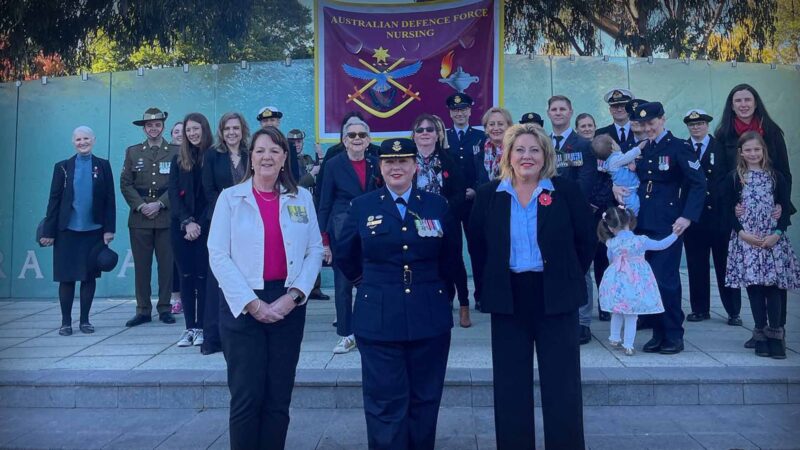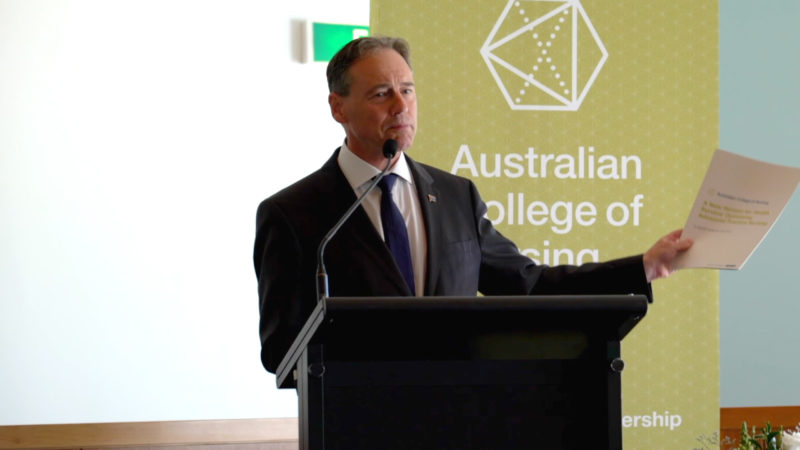Edith de Boer is the HR Director for Zimmer Biomet in Australia and New Zealand. Her career originally was in telecommunications and consulting in Europe. After leaving The Netherlands, Edith worked into the Australian medical research industry, before moving into a human resources role at Zimmer Biomet. Edith spoke to Australian Health Journal about her role and the organisation.
Promoting medical technology as an industry is important for Zimmer Biomet. The organisation runs a program called “Your future in STEM” helping girls at high school children consider STEM as a career, through to career professionals in the “Women-Inspired Network” or WIN as it’s commonly referred to. In clinical professions, the Zimmer Biomet “Women in Orthopaedics” program for female surgeons, acts in an advocate and support role.
Collaboration and work mindset of one team is very important for the organisation, as well as employees having a sense of belonging and being included. So whilst, talent can be difficult to find in the current market, Zimmer Biomet staff are together taking a journey of change that’s occurring across the industry.
Upbeat Edith’s energy is refreshing! Anyone looking to enter the medical technology industry and specifically the humans resources role can make a difference to people’s lives. Her advice? Be creative, work hard and have a growth mindset.
You Might also like
-
Sense of service and pride in uniform
This ANZAC Day 2023, Australian Health Journal releases an interview with Group Captain Kath Stein MACN, Director of Defence Force Nursing with the Royal Australian Air Force.
She talks about many masks, aside from PPE, that leadership and all nurses need to wear. Currently there is work underway on a new capability description on what a nurse brings to every level in the nursing defence structure. The advice Group Captain Stein, imparts for new recruits and those interested in joining Defence Force Nursing is to take every opportunity that arises. This is evident in her progression through her career.
-
Warning signs of substance abuse and addiction
Tara Hurster, is the CEO of The TARA Clinic and a psychologist who started working within the area of addiction in 2010. The TARA clinic, short for Therapeutic Addiction Recovery Assistance, recently started offering online programs to overcome and recover from addiction.
Tara spoke with Australian Health Journal about the early warning signs of anxiety and stress in health staff and executives, including irritability, changes in sleep patterns and diet leading to more serious mental health decline. These behaviours and symptoms increase the risk of substance abuse that could take the form of excessive smoking, drinking alcohol and drug use, porn, sex and gambling.
-
“Nurses can do more, should do more and now they will do more”, The Hon Minister Greg Hunt MP, Minister for Health.
Advanced Practice Nurses comprise 9% of the total nursing workforce, with 26,000 clinicians Australia wide. However although highly skilled, they are under-utilised and constrained to the full scope of practice. The Australian College of Nursing believes this needs to change. Nurse led models of care in which Advanced Practice Nurses play a significant role in service provision, must feature in the future. ACN President Professor Christine Duffield FACN states, “It’s now widely acknowledged internationally that nurses can provide a clinical and very valuable service that’s better suited to the healthcare needs of some consumer groups.”



